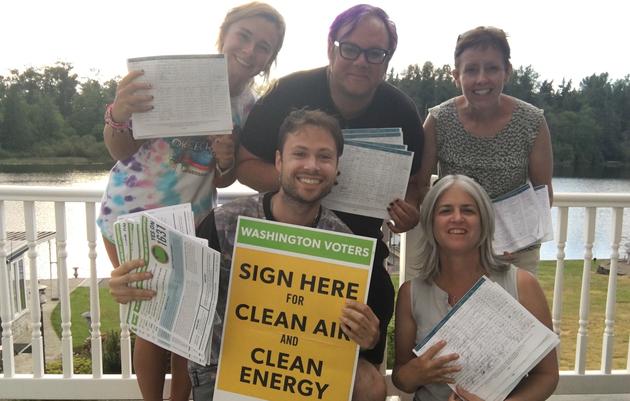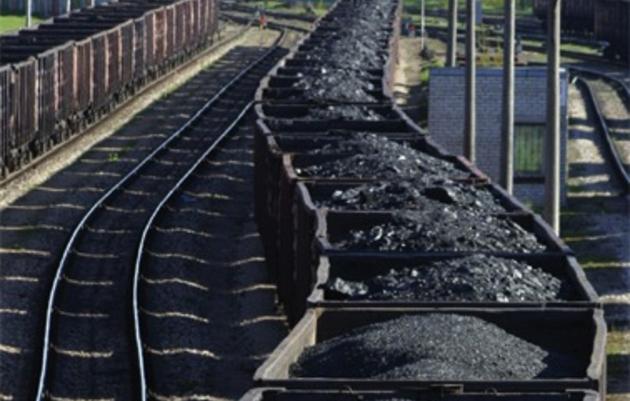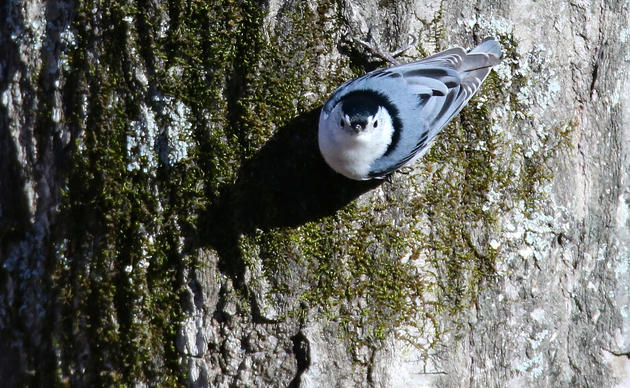Birds and people across Washington State are being threatened by a rapid increase of fossil fuel resource extraction in the United States and Canada. Many of the productive large oil fields are located in the middle of North America, far from ports and export facilities on the coasts. The oil that is being extracted is largely going to be shipped to other states or overseas, rather than being refined and used in Washington State. Oil fields in North Dakota, Wyoming, and Alberta, Canada, are being tapped, and the oil is being shipped by rail and pipeline across the country, but the rate of extraction is occurring faster than the existing infrastructure's ability to handle the increased oil production. Therefore, new pipelines and export terminals are being proposed by multiple corporations in the Pacific Northwest to ship oil to other West Coast ports or overseas to be refined and burned as fossil fuels, contributing to air pollution and climate change. Refineries in Washington have already built or are planning facilities to receive mile-long trains of crude oil, particularly volatile Bakken crude.
Numerous proposals to increase oil-by-rail transport are underway. Oil trains risk catastrophic environmental consequence by way of vessel transfer, accident, and sabotage while increasing our carbon footprint from resource extraction, transportation, refinement, and through to material export. We are the Thin Green Line between most voracious energy markets in the world and huge fossil fuel deposits in the interior of North America. Washington State is in a unique position to reduce the transport of crude oil by rail, pipeline, and ship, stop any increase in oil exports, and influence national policy and public demand for switching to a clean energy future.
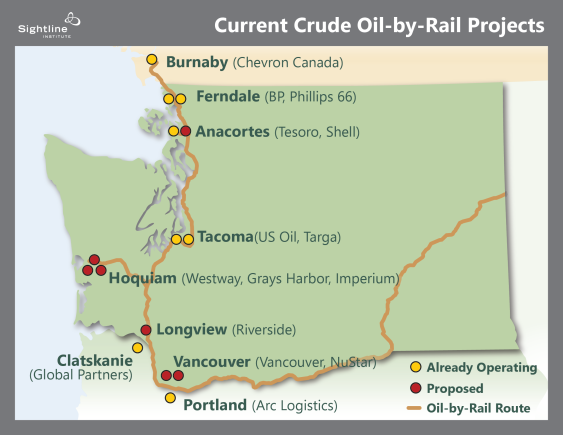
The Audubon network in Washington is working together to oppose increasing oil transportation through and export from the Pacific Northwest, particularly in places like Hoquiam along the shores of Grays Harbor. This coastal estuary is of vital importance to millions of marine birds and migrating shorebirds each year.
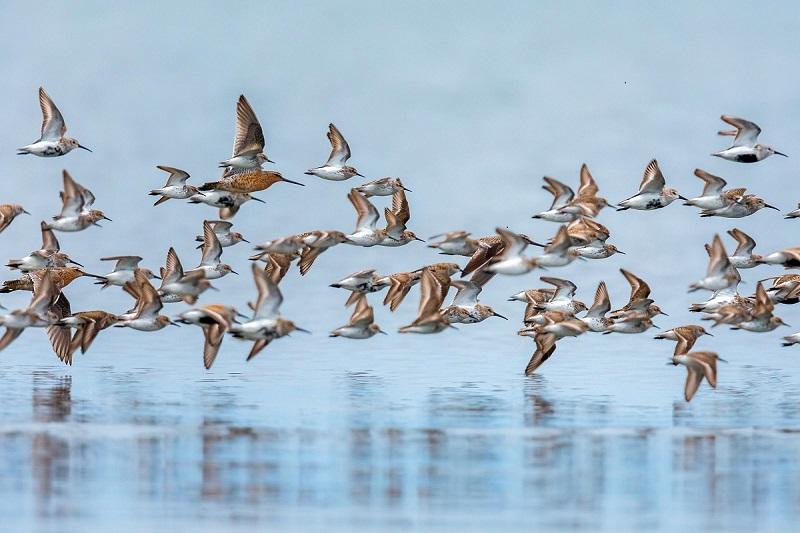
Take Action
1) Join the Stand Up to Oil campaign - a coalition of groups opposed to new oil terminals and an increase in oil transport through the Northwest, while working to improve safety measures for oil currently traveling through the region.
2) Contact the Chapter Conservation Manager for updates regarding comment opportunities and public hearings for each oil terminal threat in Washington state.
- Westway and Imperium (Hoquiam)
- Shell Refinery (Anacortes)
- Tesoro Savage (Vancouver)
- NuStar (Vancouver)
- US Development (Hoquiam)
3) Share your public comment letters, strategies, and success stories in our Oil Transport thread on Audubon Works.
4) Reach out to your local elected city council members or county commissioners about this issue. Ask your city to pass local resolutions like Spokane, Bellingham and Seattle have done.
5) Reach out to county emergency managers and fire chiefs asking if they have updated their emergency management plans that adequately address exploding trains. If they have not done so, push them to do so.
6) Join the Oil Transport in WA list serve (contact Rebecca at Washington Environmental Council.
7) Help document oil transport activity in your community to share with others.
Resources
Background Documents on Birds and Oil Risks in Washington - Jerry Joyce
The Northwest's Pipeline on Rails, Current and comprehensive blog by Eric de Place, Sightline Institute
The Thin Green Line - Time Magazine
Oil Spill Task Force - Pacific States and British Columbia
Oil Transport: Moving oil through Washington - WA Department of Ecology
Coal and Oil Transportation in the Northwest - Municipal Research and Services Center (MRSC)
West Coast Crude Transport Tracking Project - Oil Spill Task Force map of crude movement across the Western States.
Tar Sands SOS: Save Our Shore - Track tar sands tankers and take action.
Refinery Report - Interactive map spotlighting oil refineries in the United States.
Opposing Oil by Rail - Interactive map of cities, governments, and organizations opposing oil-by-rail transport in the PNW.
Oil Check NW - Setting the record straight on oil industry misinformation.
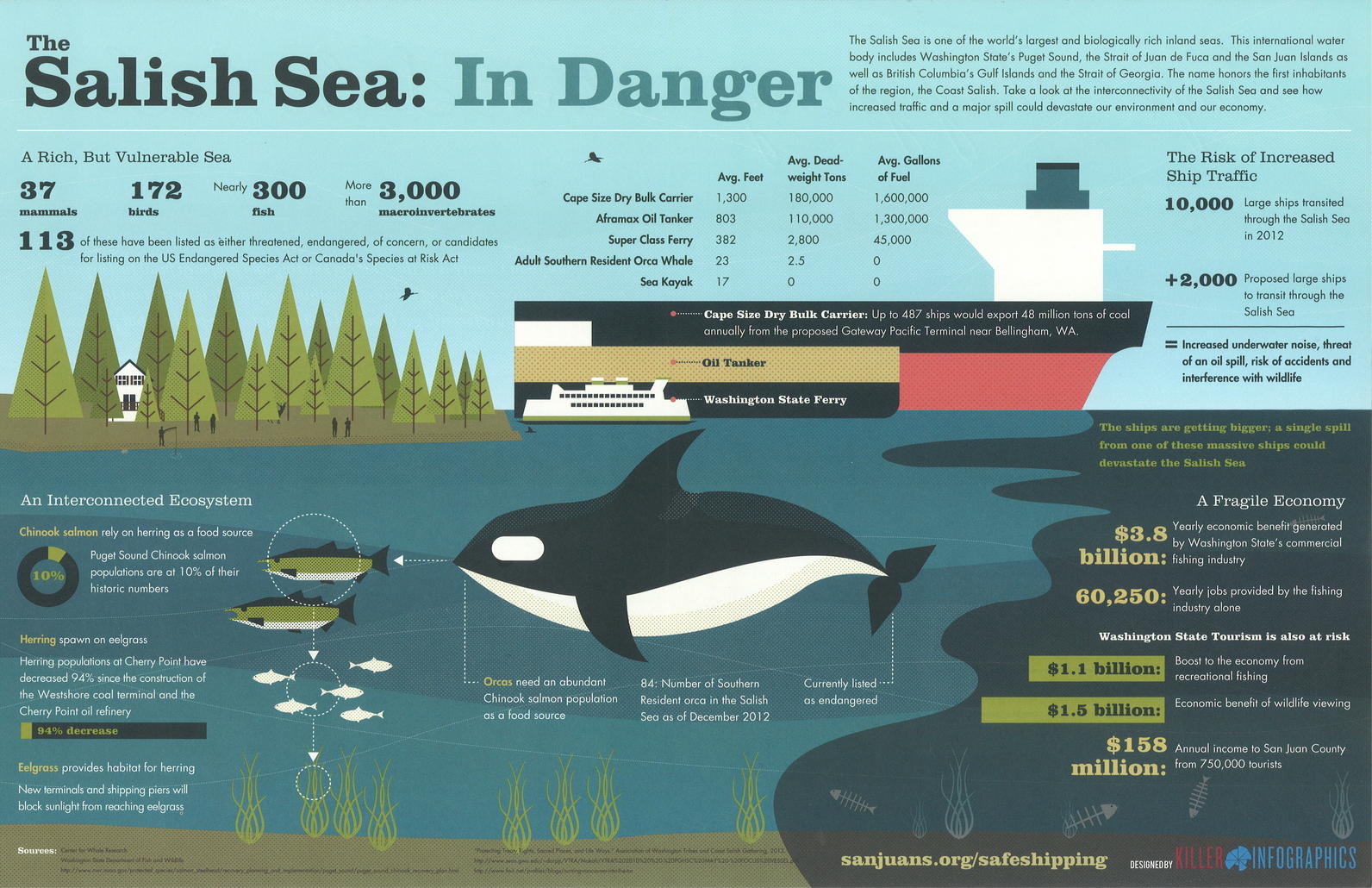
Related
How you can help, right now
Be the Voice for Birds
Decision makers need to hear from you. Sign up for Audubon Washington's Action Alerts and you will have an opportunity to weigh in on proposals that impact birds.
Get Involved
Birds need YOU! Get involved in helping to preserve our birds and their habitats today. There is something for everyone!
Take Action on Climate Change
Does your decision maker know that climate change is number one threat to birds? Ask for their help to protect the birds, the places, and the planet we love.

